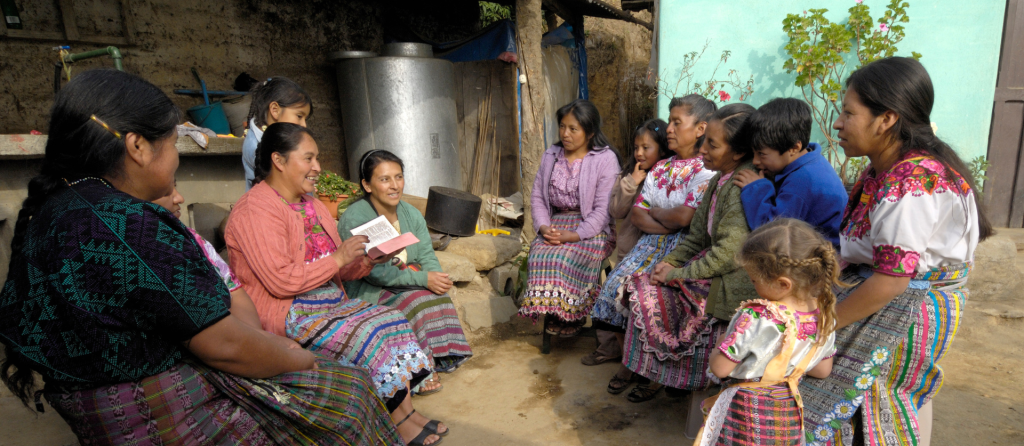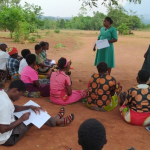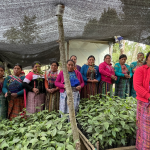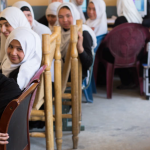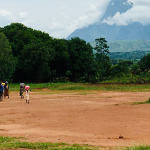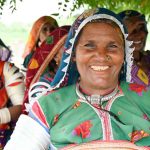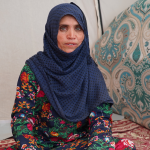By Germán Méndez Bernardo, Erwin Manuel Orozco Fuentes and Rubén Feliciano Pérez, staff members at AMMID
Guatemala is one of the countries most affected by climate change worldwide, according to the United Nations’ Intergovernmental Panel on Climate Change (IPCC). Those living in Guatemala are especially vulnerable due to poverty, compounded by low capacity of the government to provide dignified living conditions.
Guatemala’s geographical location between the Atlantic and Pacific oceans makes the country at great risk for climate disasters. It is increasingly common for the population to face hydrometeorological events, such as droughts, floods and storms. During the last two decades, those living in Guatemala have faced more than 15 extreme storms, four intense periods of drought, and unusual variation in the distribution of rainfall periods. They have also faced extreme temperatures linked to La Niña and El Niño. Each of these events is directly related to global warming.
In these same 20 years, due to climate change, the country has experienced losses of more than 35 billion quetzals [over six billion Canadian dollars] and over 1.4 million people have been directly impacted. The loss and damage created by climate change is felt disproportionately by the poorest regions—in particular, rural, undeveloped areas inhabited by Indigenous peoples.

Unfair exposure to risks is a violation of individual and collective human rights. With low resilience and little support from the Guatemalan government, many peasants and workers have lost their crops year after year. In the face of economic ruin, they have often abandoned their land and migrated to the United States, Canada and other countries.
In this context, the Maya-Mam Association for Research and Development (AMMID), supported by PWS&D, works for fullness of life by promoting harmony with Mother Earth. Located in the western highlands of Guatemala, the organization advances the worldview of the Maya-Mam Indigenous people, who consider the human being as part, and not the centre, of nature.
Farmers involved in AMMID’s program learn how to withstand the effects of climate change through territorial planning, sustainable agroecological production and the management of natural assets. They combine their wisdom and ancestral knowledge with scientific information to develop resilient adaptation strategies that value the land’s natural biodiversity (seeds and native livestock species).
The program also promotes mitigation actions such as reforestation, agroforestry systems and alternative technologies. These include wood-saving stoves that reduce house smoke and carbon emissions. Equipping farmers with the knowledge they need to weather the climate crisis helps ensure families are better prepared for future disasters.
PWS&D’s vision is realized through programs supporting sustainability, compassion and justice. With the support of PWS&D, AMMID promotes harmonious living with the environment, a central element of the Maya-Mam people’s worldview for a life worthy of humanity.
This story was first printed in the Spring 2023 issue of Presbyterian Connection newspaper.
